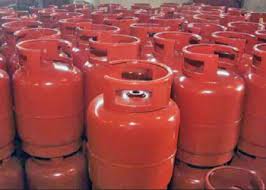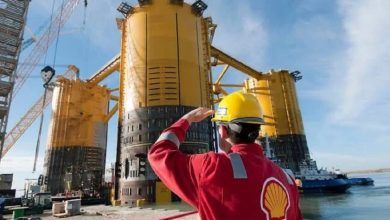175 New CNG Stations Underway Nationwide – PCNGI Boss
Over $500 million invested in Nigeria’s CNG sector in one year as vehicle adoption surges from 4,000 to 50,000.

The Chief Executive of the Presidential Compressed Natural Gas Initiative (PCNGI), Engineer Michael Oluwagbemi, has announced the development of 175 new CNG stations across Nigeria, as the country accelerates its shift towards cleaner and more affordable transportation fuels.
In a press statement released on Sunday, Oluwagbemi revealed that the ongoing infrastructure expansion is in addition to the 53 operational daughter stations and follows over $500 million in sector investments within the past year.
“We have witnessed an unprecedented increase in both infrastructure and vehicle adoption,” he stated.
According to Oluwagbemi, CNG-powered vehicles on Nigerian roads have surged from 4,000 to over 50,000, with projections to hit 100,000 by year’s end, fueled by government incentives and rising consumer interest.
Private Sector Driving Expansion
He highlighted the role of key private players such as AY Shafa, Femadec, Greenville, NNPCL, Bovas, and NIPCO, who are spearheading development efforts nationwide, including in underserved regions.
Femadec is building 21 new stations, while also leading a CNG rollout in 20 universities.
Greenville is investing in 51 LCNG stations across the North and Southeast.
AY Shafa has nine daughter stations in the pipeline.
Port Harcourt, Ilorin, Abuja, Enugu, Aba, Lokoja, and Ado Ekiti are among the cities scheduled to go live within the next 60–120 days.
“Just last week, two new daughter stations in Abuja were commissioned,” Oluwagbemi noted.
Midstream Support & Job Creation
The Midstream Downstream Gas Infrastructure Fund (MDGIF) has played a crucial role by awarding equity investments to CNG-focused projects, including three new entrants and several of the original N123 billion investments directed at expanding CNG infrastructure.
Oluwagbemi also reported the creation of over 10,000 direct jobs and the establishment of 255 new vehicle conversion centers, which did not exist before May 2024.
“Rome was not built in a day, and CNG will take more than a few days,” he said, calling for patience amid growing demand and infrastructure lag.
Outlook
Despite early skepticism and misinformation, the PCNGI says it is now seeing a clear shift in perception, driven by rising fuel costs and the economic benefits of switching to CNG.
“Nigerians love CNG, and the programme is working,” the PCNGI boss asserted.
Oluwagbemi reiterated the initiative’s commitment to achieving President Bola Tinubu’s mandate for a sustainable, affordable, and clean energy future, emphasizing that “engineering feats take time” but the progress so far is encouraging.





